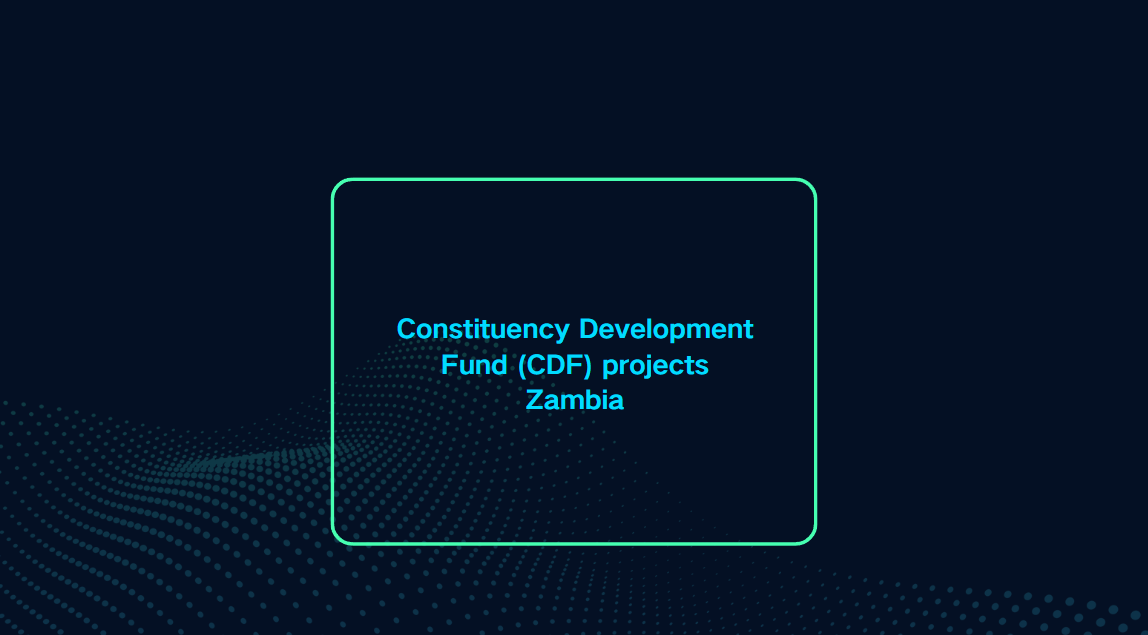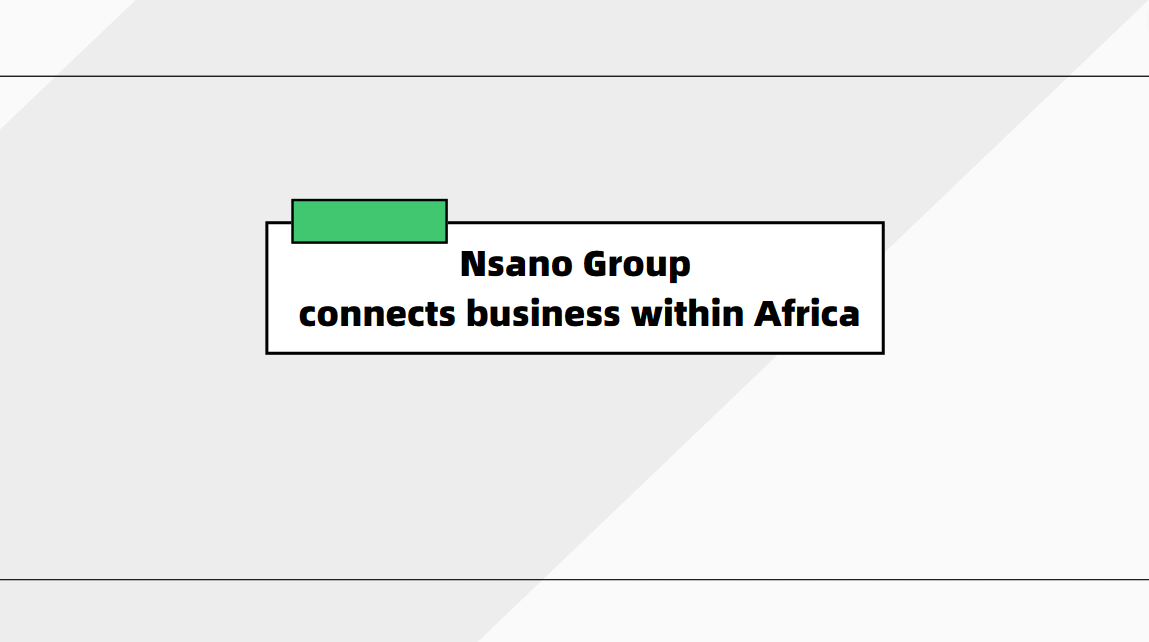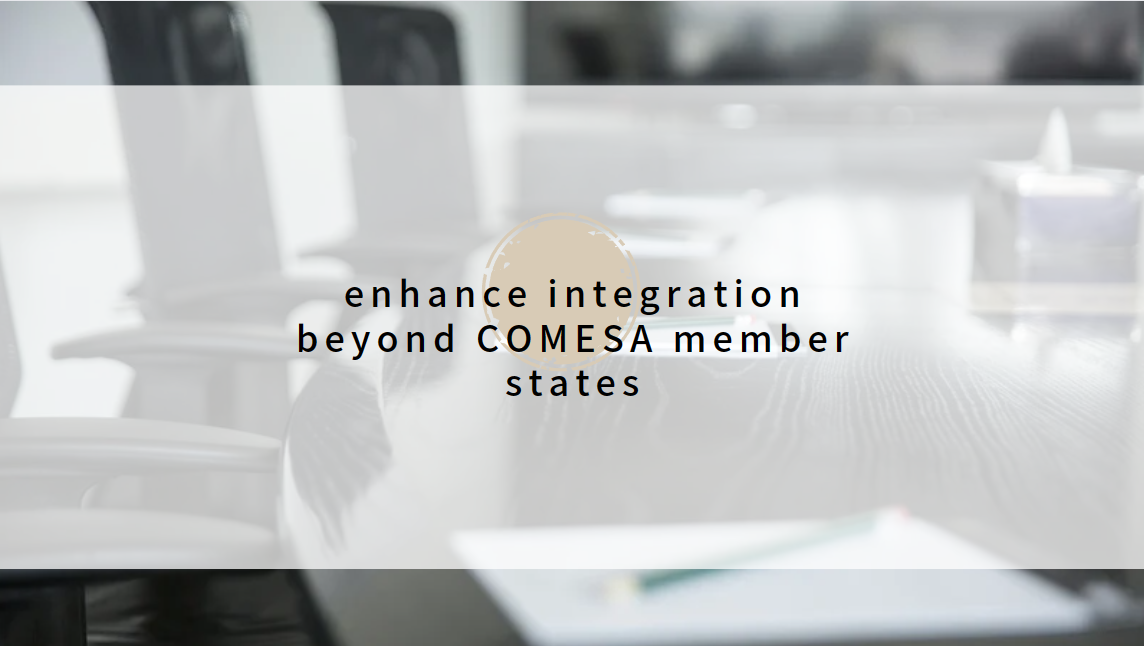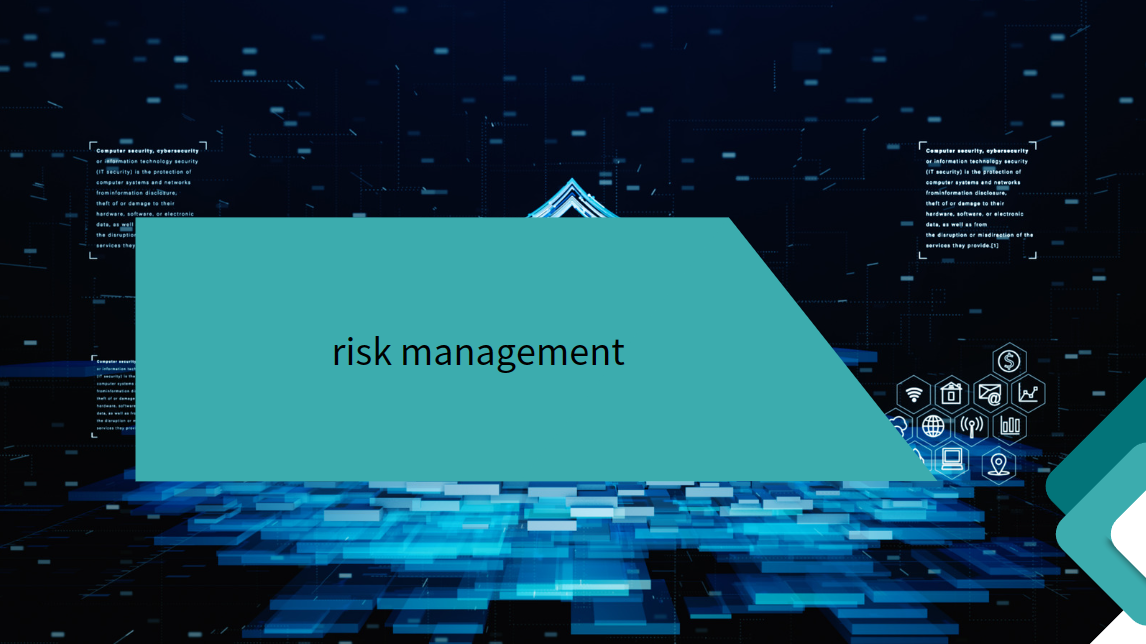CIVIL SOCIETY OGANISATIONS STRATAGIC MEETING IN PROMOTING AN INCLUSIVE AND LEGITIMATE GLOBAL TAX ARCHITECTURE
All incomes are classified as one and taxed at the same tax rate, regardless of income in a particular jurisdiction either high or low. This has been a challenge to foreign investors in developing countries like Zambia.
In discussing matters pertaining to global taxing system, Stakeholder for civil society organizations conducted a strategic meeting. This meeting was convened by; Centre for Trade Policy and Development, Zambia Tax Platform, Action Aid Zambia, Joint Country Programme in partnership with Tax Justice Network Africa and Oxfam in Zambia.
Speaking during this event, held at Radisson Blu Hotel in Lusaka, the Acting Executive Director, for Justice Network Africa, Ms. Chenai Mukumba said that, there is need for tax justice in both domestically and internationally. People should pay taxes depend on how much they earn, the higher income someone earn the more tax payable. It is very unfair for someone with less income to pay equal tax with those who earns more.
Meanwhile, Evelyn Muendo, considered international tax as an important aspect because of globalisation. She said, “Whenforeign investors, invest in other countries like Zambia, they make huge profits and where there is no global tax, they goback with enormous amount of money in their countries yet living nothing in the invested country. Therefore, it is on this reason that restrictions must be put in place on foreign investors. For instance, if an investor makes 90billion, 20billion must remain in the foreign country”.
The issue of double taxation agreement seems to be not working out efficiently, in the sense that when foreign investors comes to Zambia and other African countries, theynegotiate with governments and given tax incentives which exempts them from paying tax, or paying but less.
When taxholidays elapse they do not continue their business but go back in their home counties without government getting back its fair shares, as their interest is to make money and go back.
Suffice to mention that, in trying to avoid or reduce tax liability foreign investors operates digitally.Therefore, in the year 2015-2018 there was a report on specific challenges arising from digitalization of the economy. This report led to the two pillars solutions endorsed by all Africa member states except Nigeria and Kenya.
The first pillar was meant to give more tax to market jurisdictions. This means that country will only tax companies that operates in the country physically. It is essentially introducing new profit allocations rules. For instance 20% profit to be taxed on market presence and this only applies to companies with 20billion global revenue pay year. It requires the elimination of unilateral measures of taxation on digital services. If the country have digital services platform they have to remove it. If you have globalization levy like India,you have to remove it. In short you simply remove all digital services tax.
The second pillar bring about tax standardization and silver rule, which provides that if a multinational enterprises/company is not paying at least effectively on its income, then a top up tax is imposed to ensure that it reachesthe minimum percentage. Essentially this was meant to address the issue of harmful tax competition. For instance Zambia may want to attract more agro investors who will probably set up investment based on agriculture.
However, Zambia and Malawi want to do the same thing so what Zambian government is doing is competing through tax incentives. Zambia may say will give a company corporate income tax rate of 15% lower, and Zimbabwe says since Zambia provided 15% it shall give 10 % and Malawi offers 5%. Eventually all country keeps on lowering the taxing ratesand at the end no one wins. They all lost out valuable revenue that could have been used for other national activities.
Despite the two pillars having complex issues, Zambia is soon expected to sign a multilateral convention on the implementation of pillar one by the end of 2023, which then completely exempts digitally companies like Facebook and many more from paying tax. The full convention is coming out in July 2023. Not only that, Zambia is also expected to implement pillar two domestically in 2024. However, it is not mandatory that Zambia should sign the two pillars. It is on this reason that the civil society organization got engaged, to ensure that before signing, the government clearlyunderstands the benefits and consequences that comes with the two pillars.
During panel discussion at the strategic meeting held at Radisson Blu, Mr. Jacob Makambwe, a representative from Zambia tax platform proposed that, before implementation of the two pillars, government needs to conduct campaign, in order to inform the general public on what it wishes to implement. Mr. Makambwe further said, it is considered to be unfair for the government to sign and implement certainconventions without the concern of majority Zambians.
Other participants also suggested that, since there is an increase of digitally companies operating in Zambia and earning a lot of money without paying tax, Zambia must not sign the two pillars and simply implement policies that will compel digital business to pay taxes. Al tentatively, if Zambia really wishes to sign the two pillars, it first needs to assess how beneficial the two pillars will be and problems that may come with its implementations.
In summing up, other civil society organizations said that, Government should make this international taxation issues as a transparency process as possible and ensure that there is much public participation as possible before any implementation. Government needs to understand how much revenue they will earn from pillar one and two if decides to implement them and they should ensure that decision madeare not beyond them being in power. Government should also acquaint themselves on how much it will lose out if completely decide not to tax the digital economy services.























































First, please LoginComment After ~